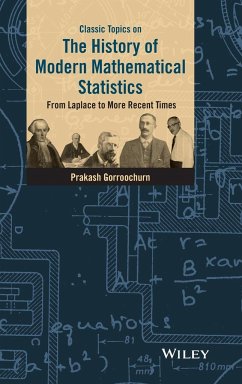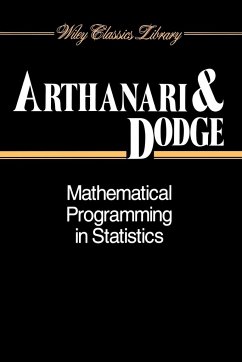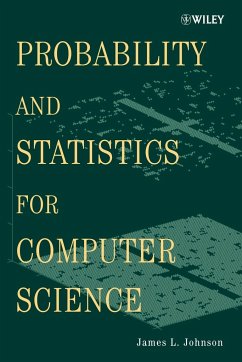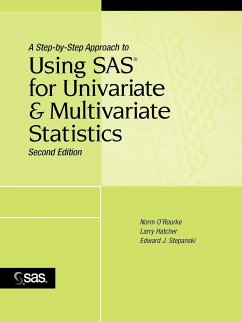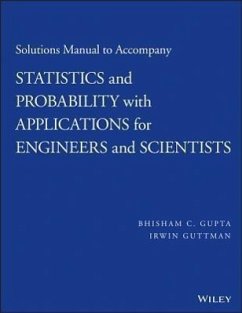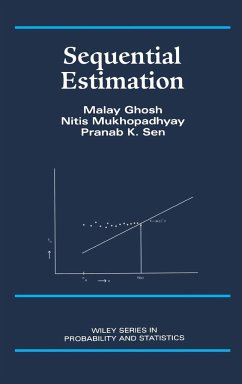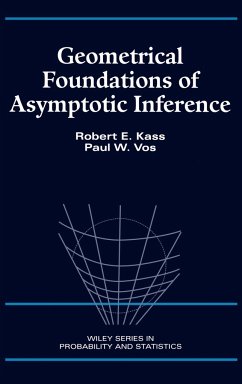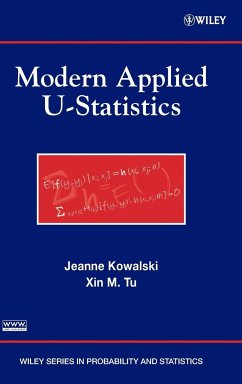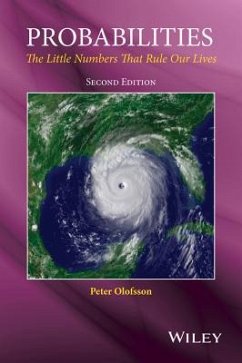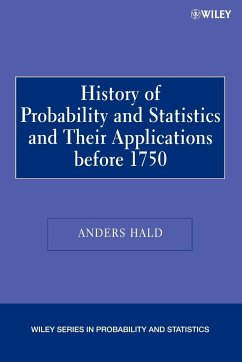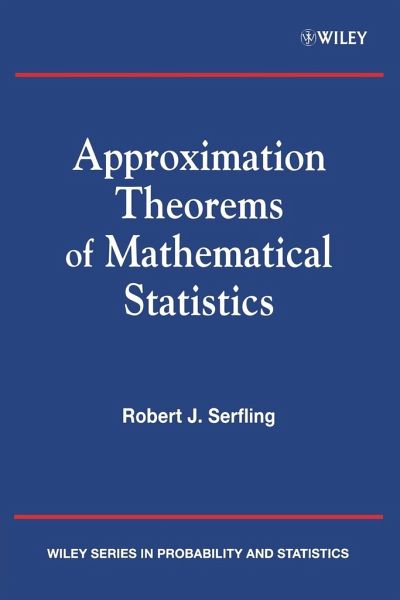
Approximation Theorems of Mathematical Statistics

PAYBACK Punkte
81 °P sammeln!
Approximation Theorems of Mathematical Statistics This convenient paperback edition makes a seminal text in statistics accessible to a new generation of students and practitioners. Approximation Theorems of Mathematical Statistics covers a broad range of limit theorems useful in mathematical statistics, along with methods of proof and techniques of application. The manipulation of "probability" theorems to obtain "statistical" theorems is emphasized. Besides a knowledge of these basic statistical theorems, this lucid introduction to the subject imparts an appreciation of the instrumental role ...
Approximation Theorems of Mathematical Statistics This convenient paperback edition makes a seminal text in statistics accessible to a new generation of students and practitioners. Approximation Theorems of Mathematical Statistics covers a broad range of limit theorems useful in mathematical statistics, along with methods of proof and techniques of application. The manipulation of "probability" theorems to obtain "statistical" theorems is emphasized. Besides a knowledge of these basic statistical theorems, this lucid introduction to the subject imparts an appreciation of the instrumental role of probability theory. The book makes accessible to students and practicing professionals in statistics, general mathematics, operations research, and engineering the essentials of: * The tools and foundations that are basic to asymptotic theory in statistics * The asymptotics of statistics computed from a sample, including transformations of vectors of more basic statistics, with emphasis on asymptotic distribution theory and strong convergence * Important special classes of statistics, such as maximum likelihood estimates and other asymptotic efficient procedures; W. Hoeffding's U-statistics and R. von Mises's "differentiable statistical functions" * Statistics obtained as solutions of equations ("M-estimates"), linear functions of order statistics ("L-statistics"), and rank statistics ("R-statistics") * Use of influence curves * Approaches toward asymptotic relative efficiency of statistical test procedures




